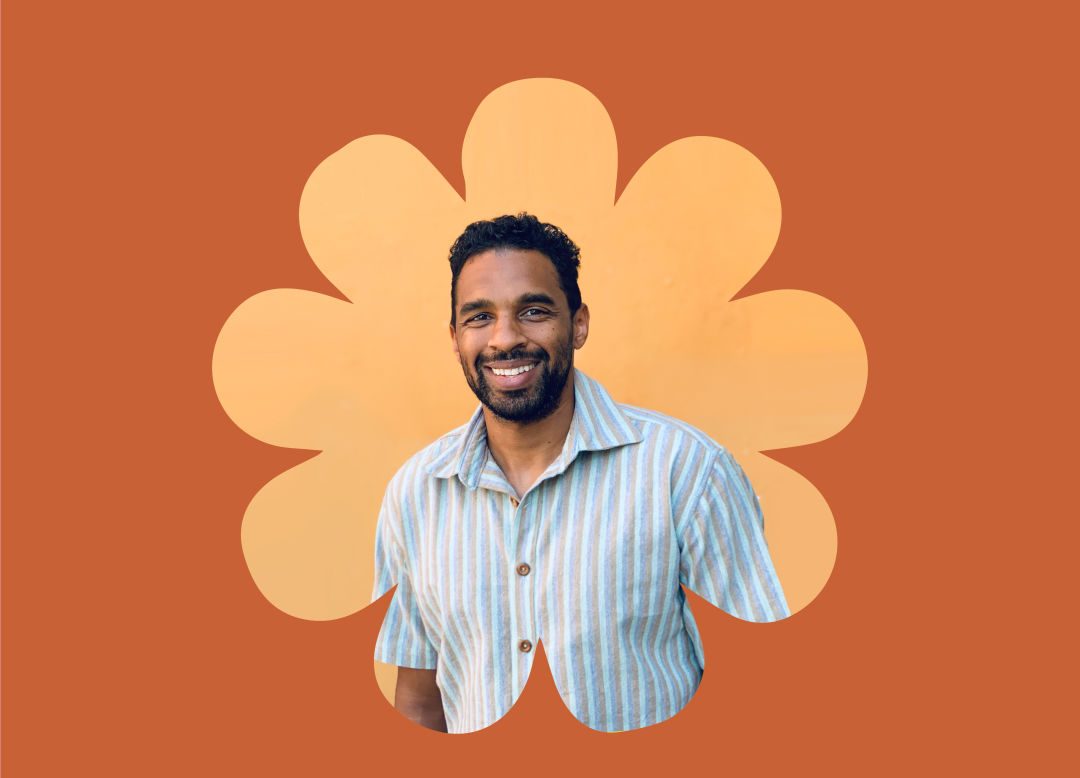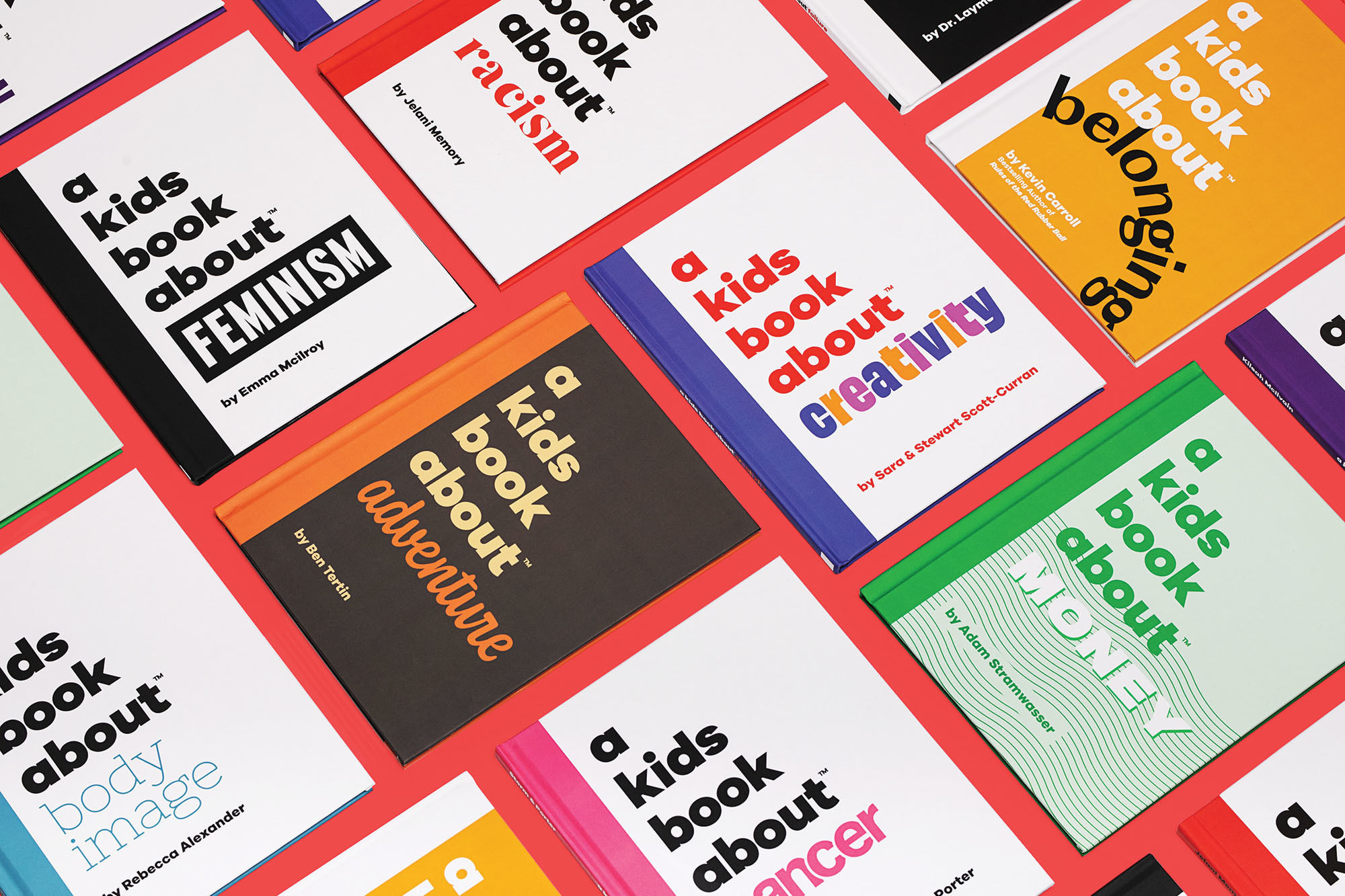Ripping the City With Jordan Thierry

Welcome to Portland Monthly’s “Ripping the City”, a series that highlights interesting Portlanders doing interesting things in the community, and offers their insights on the city they call home. This week: Author, filmmaker, and creative director—Jordan Thierry.
Jordan Thierry’s knack for filmmaking began at a young age. As a child, the Portland native spent his time putting his own spin on classic Black films, casting family and friends in key roles. Being behind the camera was a refuge, given the racial discrimination he experienced growing up in a predominately white community.
After graduation from journalism school at the University of Oregon, Thierry went to work as a documentarian, with a focus on giving voice and visibility to untold Black stories. His work includes The Black Fatherhood Project, and his most recent film, Grandma’s Roses.
Thierry is also the author of A Kids Book About Systemic Racism, the kind of read he wishes he'd had access to when growing up. “I felt like it was important to tell young people in a really straightforward, simple way understand that there's a history behind these racialized differences they see in their community,” he says. “It would have saved me a lot of heartache growing up to have some direct guidance and information on that, versus having to figure that out myself as a young adult.”
When he isn’t creating, Thierry is helping out with the organization he co-founded—the Beaverton Black Parent Union—a collective of parents of Black students organizing to support their success through culturally relevant education and resources within the Beaverton School District.
We caught up with Thierry to find out some of his go-to spots, misconceptions about Portland, and the future of the city.
As a creative, where's one place in the city you can go to get inspired/clear your mind and why?
Tualatin Hills Nature Park, that’s one of my favorite places. It’s close to my parent’s house and it’s in the middle of Central Beaverton, but it doesn’t feel like it when you’re inside. There’s deer, plenty of bird species, and you can bike—it’s a great, well-maintained space.
What's your go-to restaurant to take out-of-towners?
A lot of my favorites like Montage, Muu-Muus, Kim Jong Smokehouse have closed down. One place I do enjoy is a Salvadoran spot called in Beaverton called Whabii. I get the pupusas, which are similar to an arepa, but made with cornmeal with meat and cheese inside. It’s one of their specialties.
What's one of the most slept on shops/businesses in Portland?
There’s a Black community center on Killingsworth in Northeast Portland called the Soul Restoration Center. I actually just a had a screening there a few weeks ago. It’s run by Dr. Renee Mitchell, in what used to be the Albina Arts Center. People definitely need to check it out.
What's one misconception people have about Portland?
That it’s all white, and that’s wrong. Portland has a rich Black history. People’s great grandparents were born here. There’s been Black artists and Black activists here for a long time. There was a Black Panther party here and we had our own civil rights movement. And there’s been multiracial organizing here since the early 20th century. I think that is the biggest misconception.
What excites you most about the future of the city?
There’s a lot of women in leadership in Portland. I’m excited to see what kind of compassionate solutions they come up with to some of our challenges like the housing shortage. I think we are on the cutting edge of a lot of just policies, and I’m excited for that.
Define Portland in three words.
Creative. Culinary. Passive-aggressive.
Want more Ripping the City? Check out our previous features here




